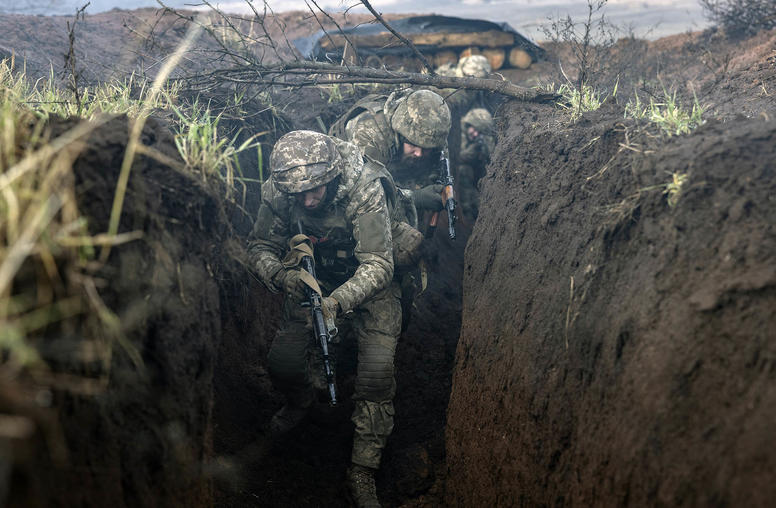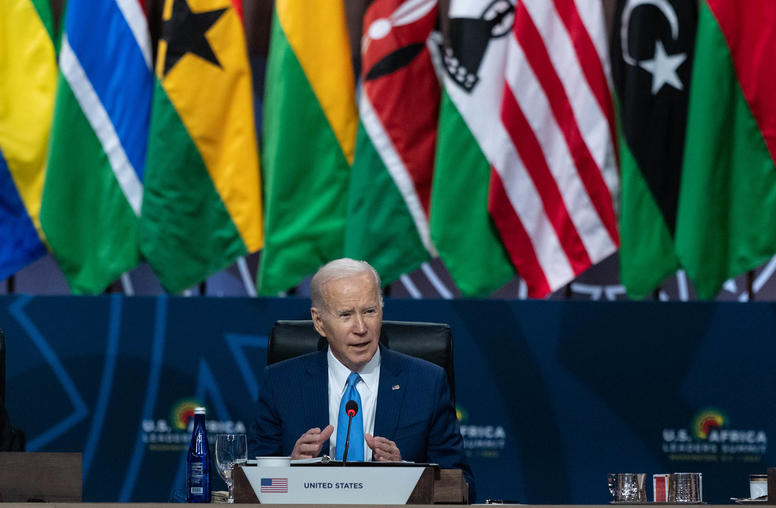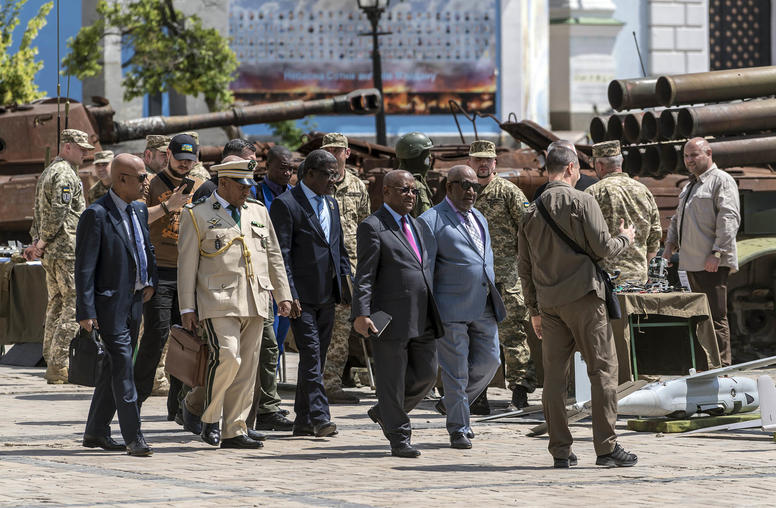A. Wess Mitchell, Ph.D.
Contact
Please submit all media inquiries to interviews@usip.org or call 202.429.3869.
For all other inquiries, please call 202.457.1700
Dr. A. Wess Mitchell is a senior advisor for USIP’s Center for Russia and Europe.
He previously served as assistant secretary for Europe and Eurasia at the U.S. Department of State, where he was responsible for U.S. relations with the countries of NATO, the European Union, Russia, the Caucasus and Turkey. His areas of expertise include international security, transatlantic relations, regional conflict management and strategic stability and arms control.
Mitchell holds a doctorate in political science from the Otto Suhr Institut für Politikwissenschaft at Freie Universität Berlin, a master’s degree from the Center for German and European Studies at Georgetown University’s Edmund A. Walsh School of Foreign Service, and a bachelor’s degree in history from Texas Tech University. He is the author of three books as well as numerous articles and reports on U.S. foreign policy.




